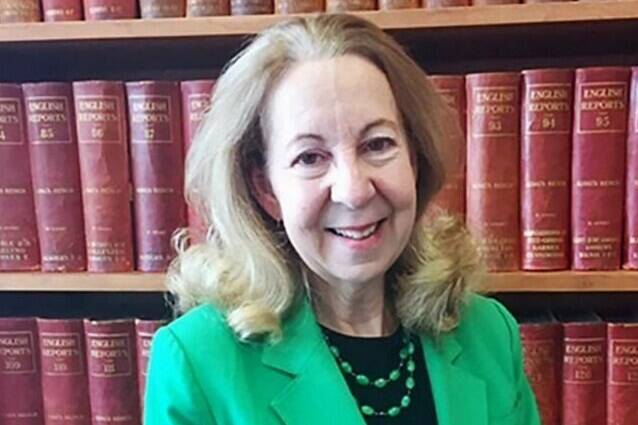The majority of Supreme Court of Canada justices are going to be women for the first time in its 148-year history, and that’s a positive step for gender equality in the country writ large, Justice Minister Arif Virani said Thursday.
Mary Moreau, the chief justice of the Court of King’s Bench of Alberta, is set to appear before members of Parliament on Thursday afternoon to field questions about her nomination to the top court.
Her appointment to the court would mean that five out of nine justices are women.
“Given the situation of women and intolerance, and unfortunately issues of equity that continue to plague women in this country, I think it’s quite critical that at our apex court, we finally have a majority of women,” Virani told a parliamentary committee on Thursday.
“Instead of parking their gender and other lived experiences at the door, they bring that into their judicial decision-making, and it helps inform the judicial decision-making. That’s what I see in the candidacy of a person like Mary Moreau. I think that’s a positive step forward for gender equality in Canada.”
Wade MacLauchlan, a former premier of Prince Edward Island, chaired the independent advisory board tasked with filling the vacancy.
He told MPs that the top court needed a candidate with both constitutional and criminal law expertise.
He said that was based on discussions about the institutional needs of the court, including with Chief Justice Richard Wagner.
MacLauchlan, speaking in French, told MPs that the fact Moreau is a women factored into the “package” of why she was shortlisted with another undisclosed candidate to Prime Minister Justin Trudeau, who made the final selection for a nominee.
Virani also said they needed to find a candidate who was functionally bilingual and hailed from Western or Northern Canada, since the court must have representation from all regions of the country.
In all, MPs heard that 13 applicants put their names forward for the role.
Former justice Russell Brown retired from his seat on the top bench in June.
His exit came amid a probe by the Canadian Judicial Council into an allegation of misconduct against him stemming from an incident in Arizona in January, in which he was accused of being intoxicated and harassing a group — an allegation Brown had denied.

